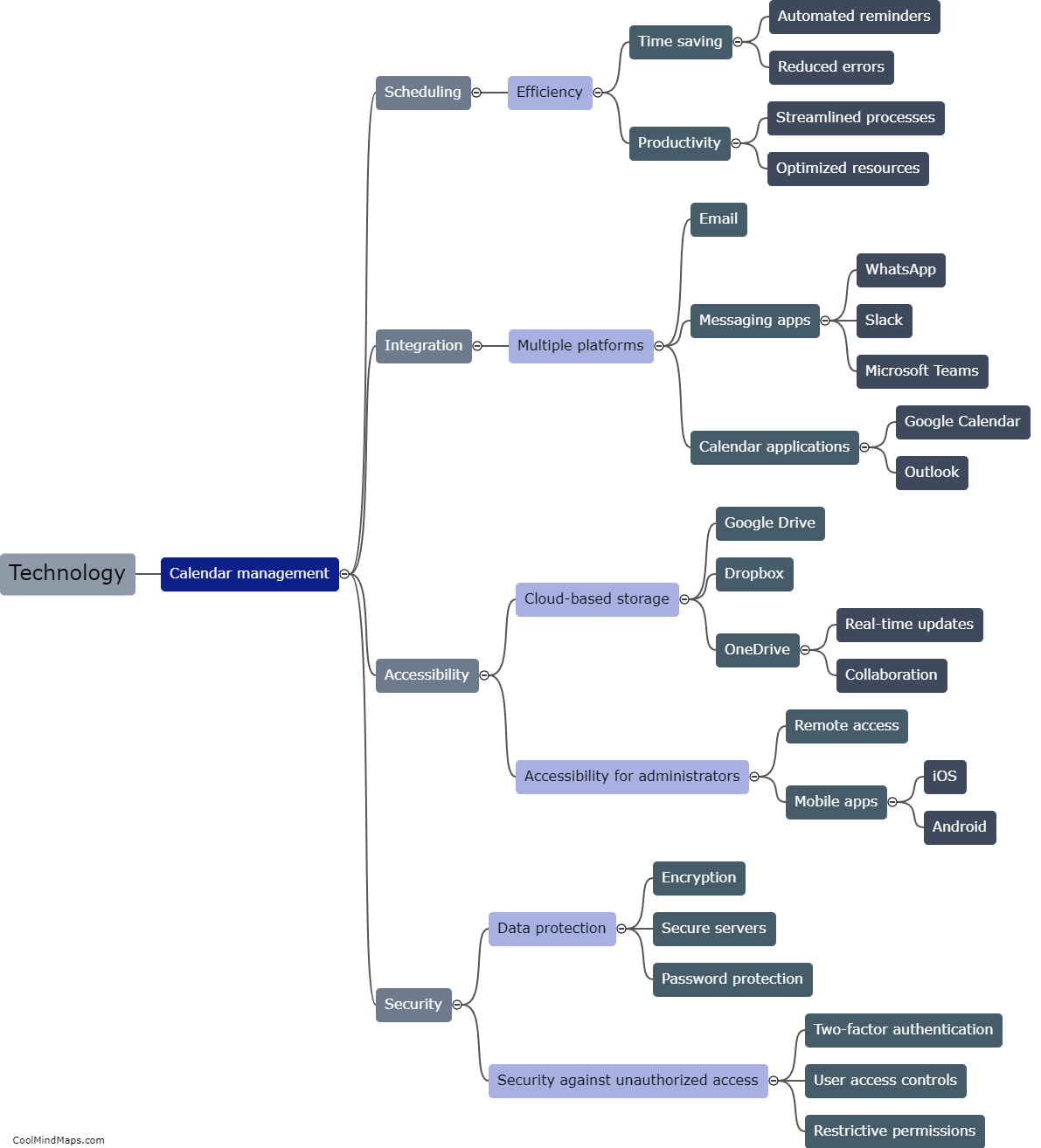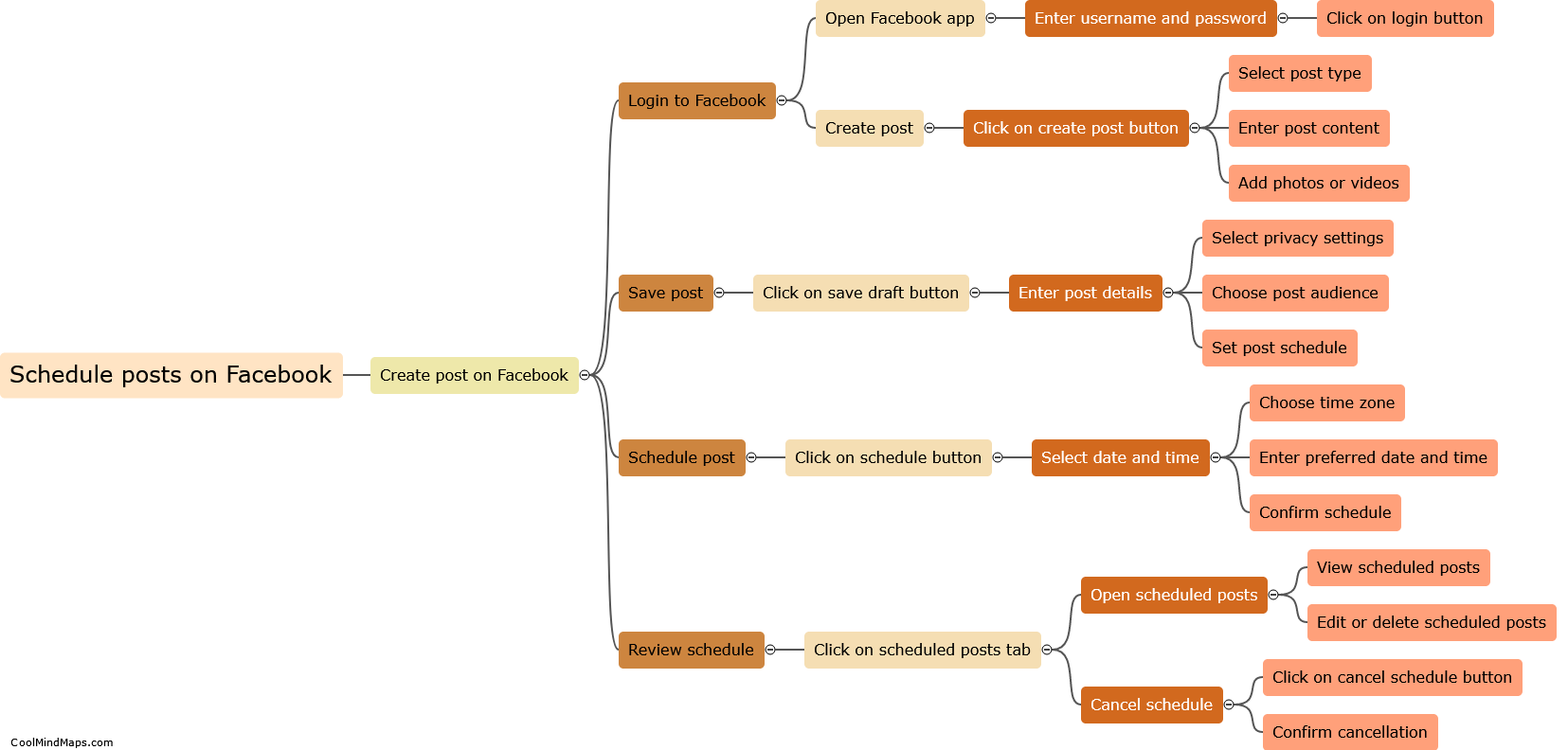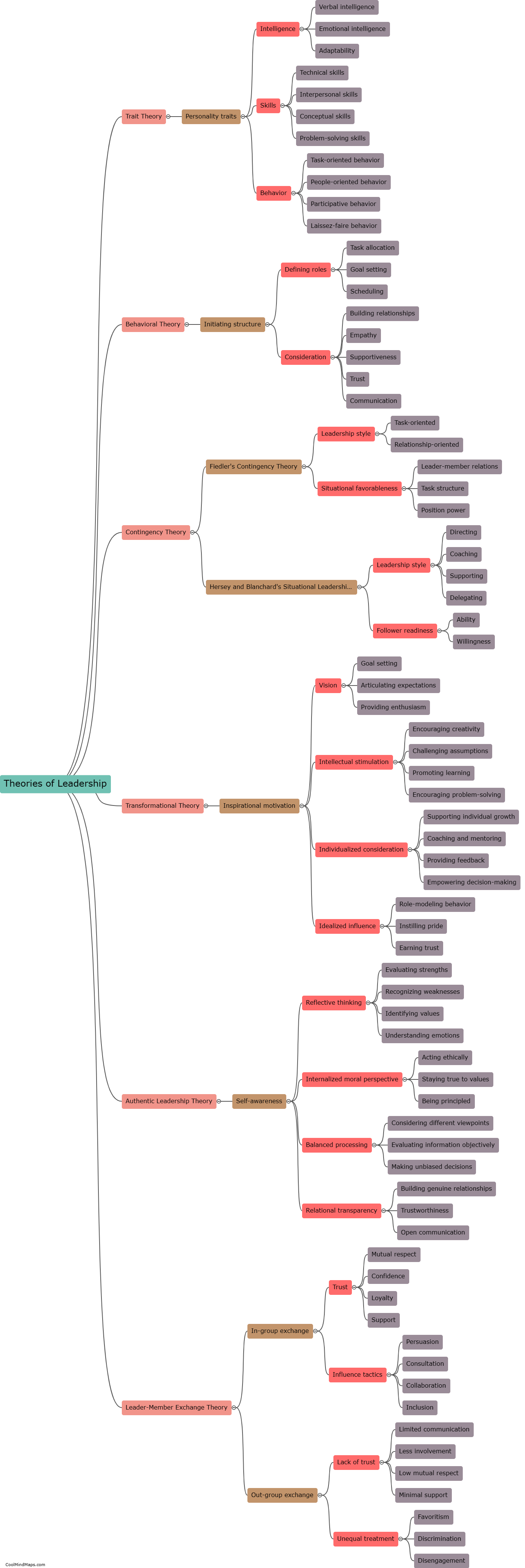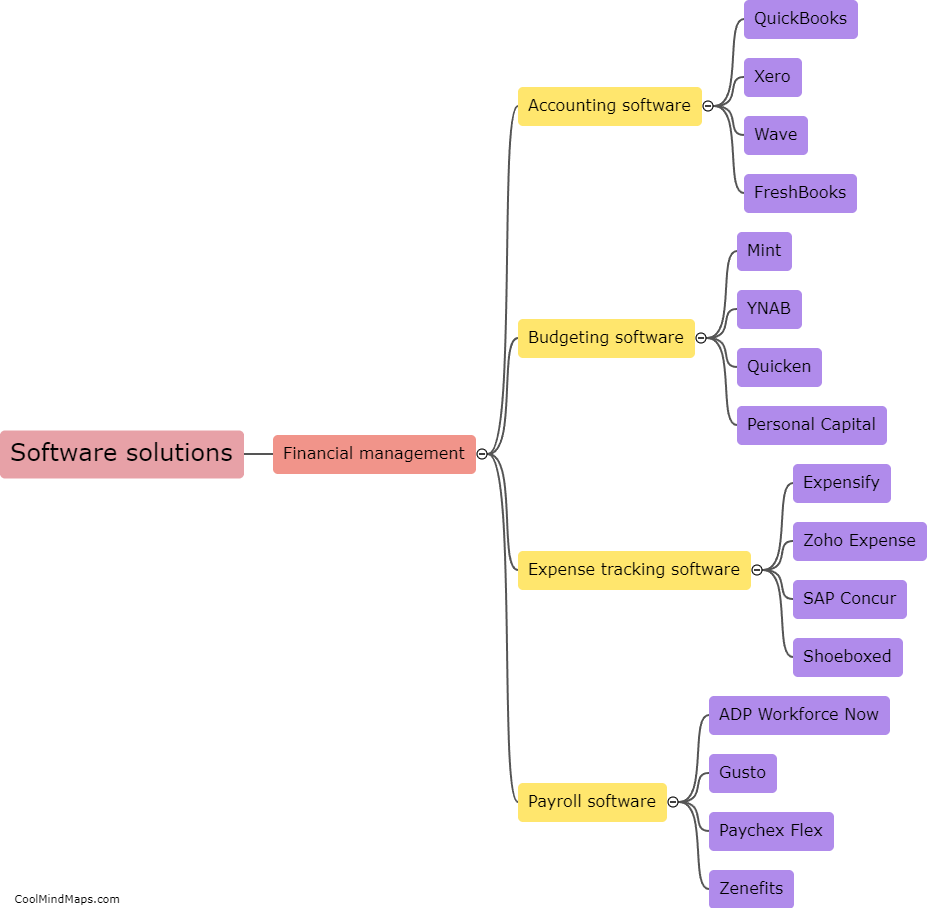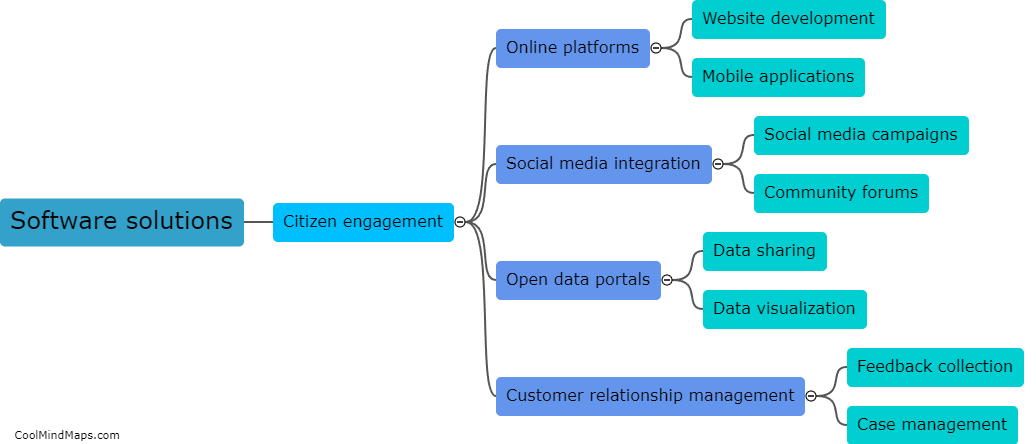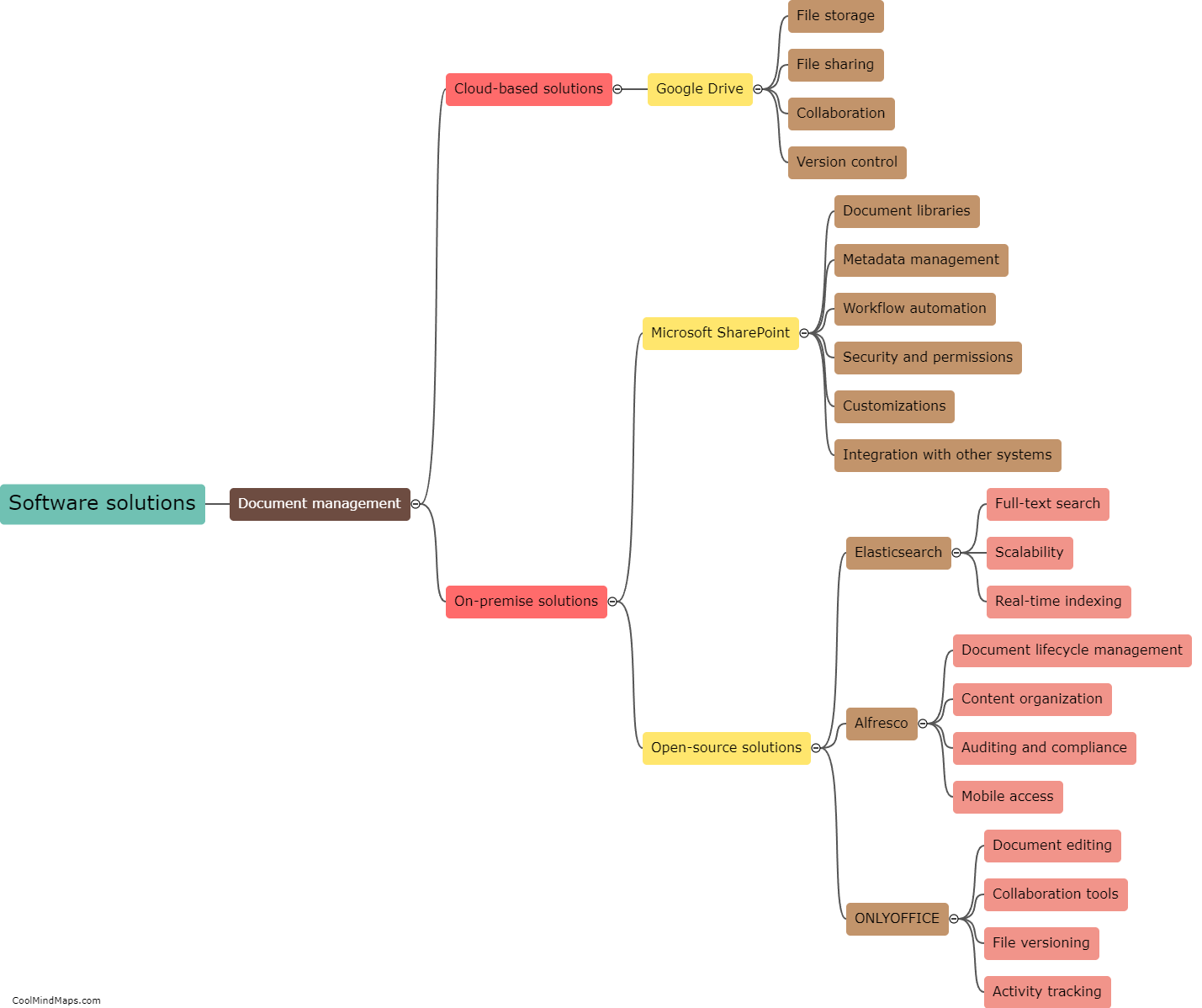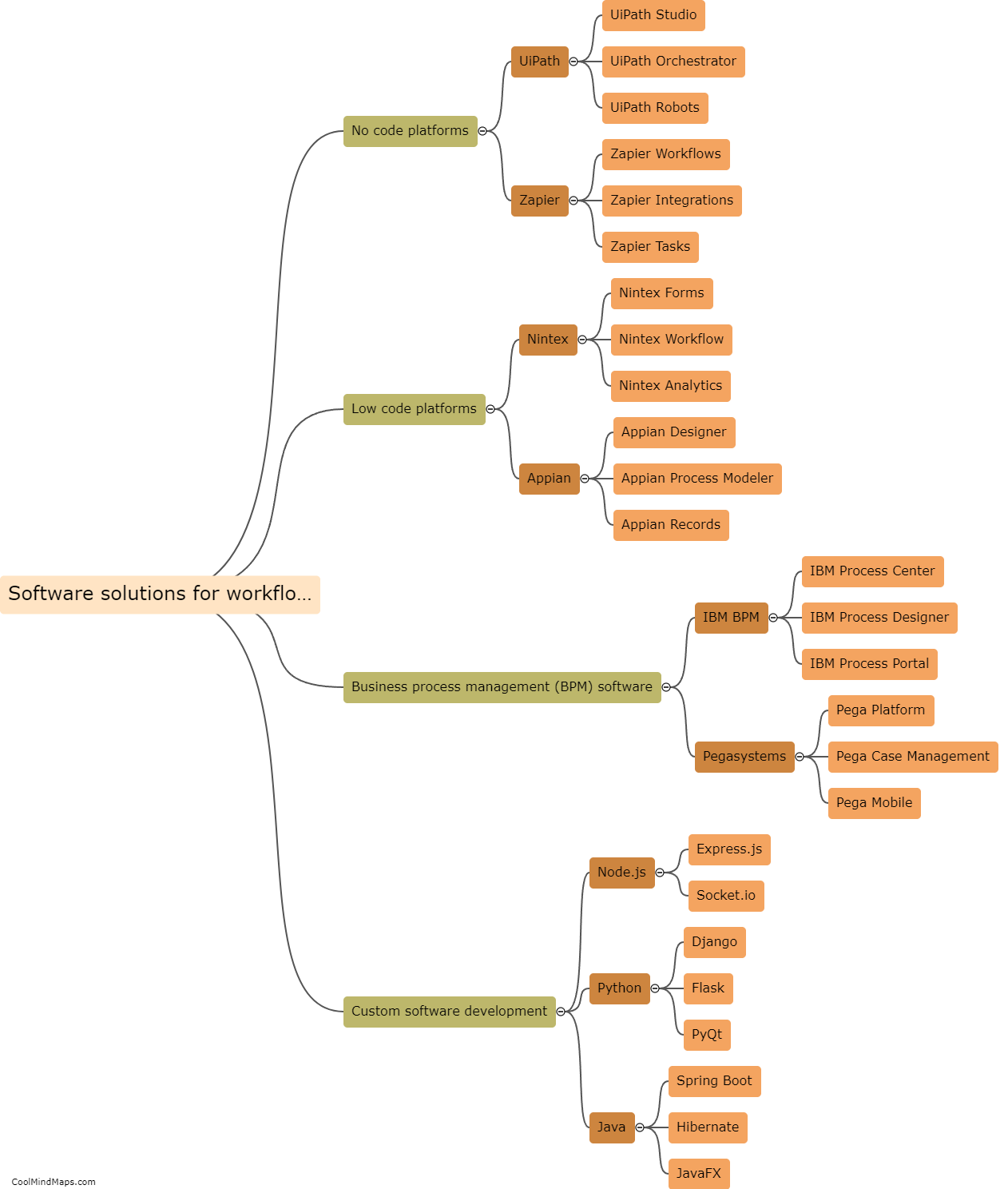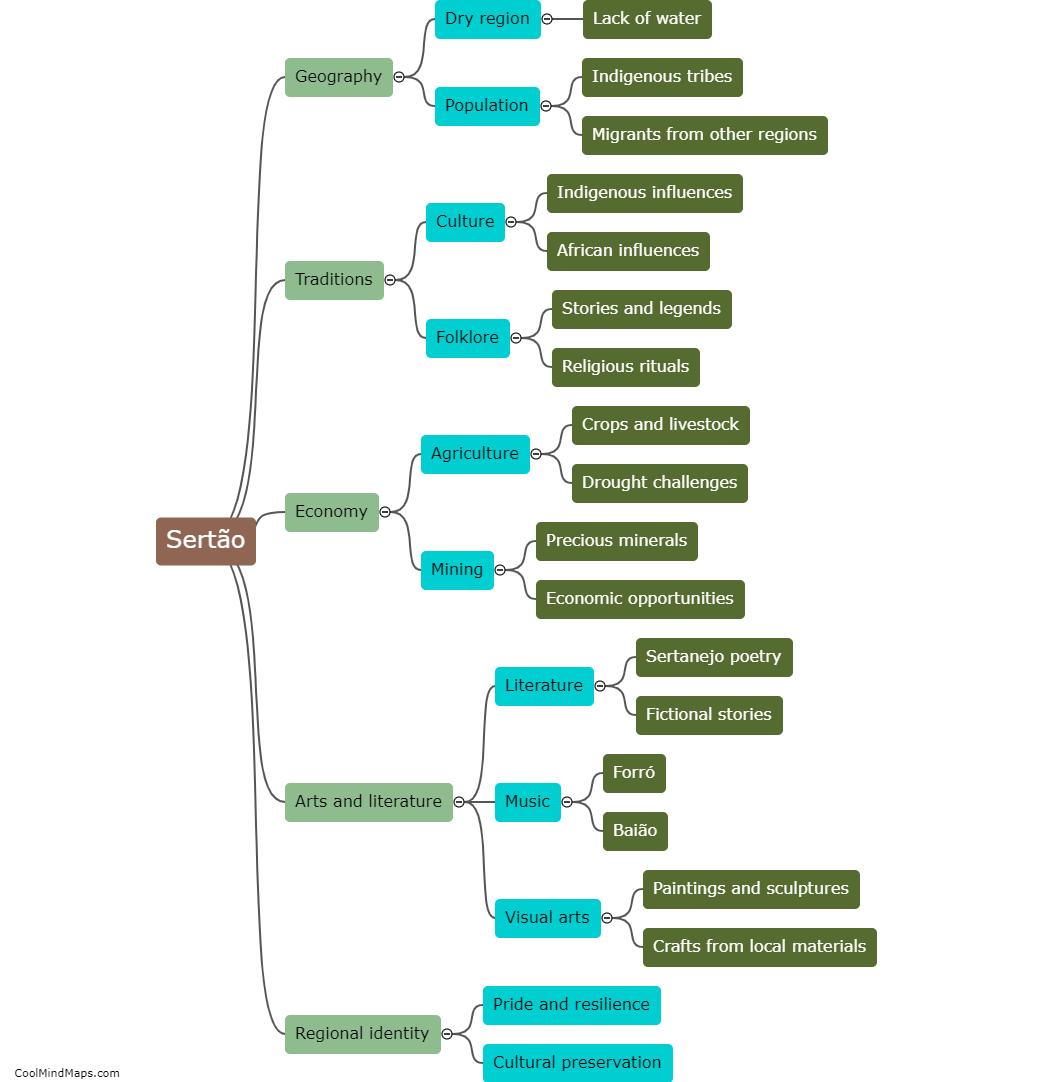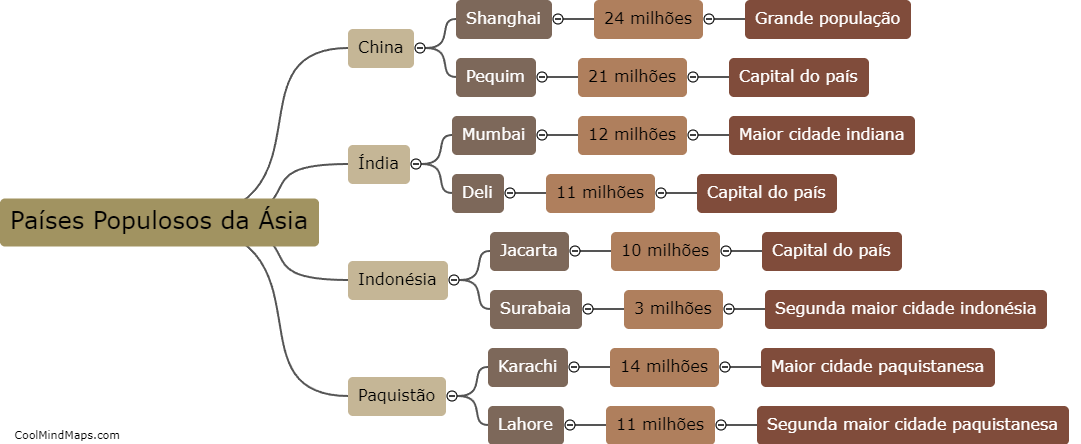What triggered the civil war in El Salvador?
The civil war in El Salvador, which lasted from 1980 to 1992, was primarily triggered by long-standing social, economic, and political factors. One of the key triggers was the extreme inequality and social injustice that existed in the country, with a small oligarchy controlling most of the wealth and power. This created widespread discontent among the majority of the population who were impoverished and marginalized. Additionally, the lack of political representation and the oppressive rule of the military-led government further fueled the tensions. The assassination of Archbishop Oscar Romero in 1980, a prominent advocate for human rights and social justice, also played a significant role in igniting the conflict. Additionally, the systematic repression of salvadoran peasants by the military, as well as the involvement of external actors such as the United States during the Cold War era, further exacerbated the conflict. These factors combined resulted in a violent armed conflict between the government and various leftist guerrilla groups, leading to the devastating civil war.
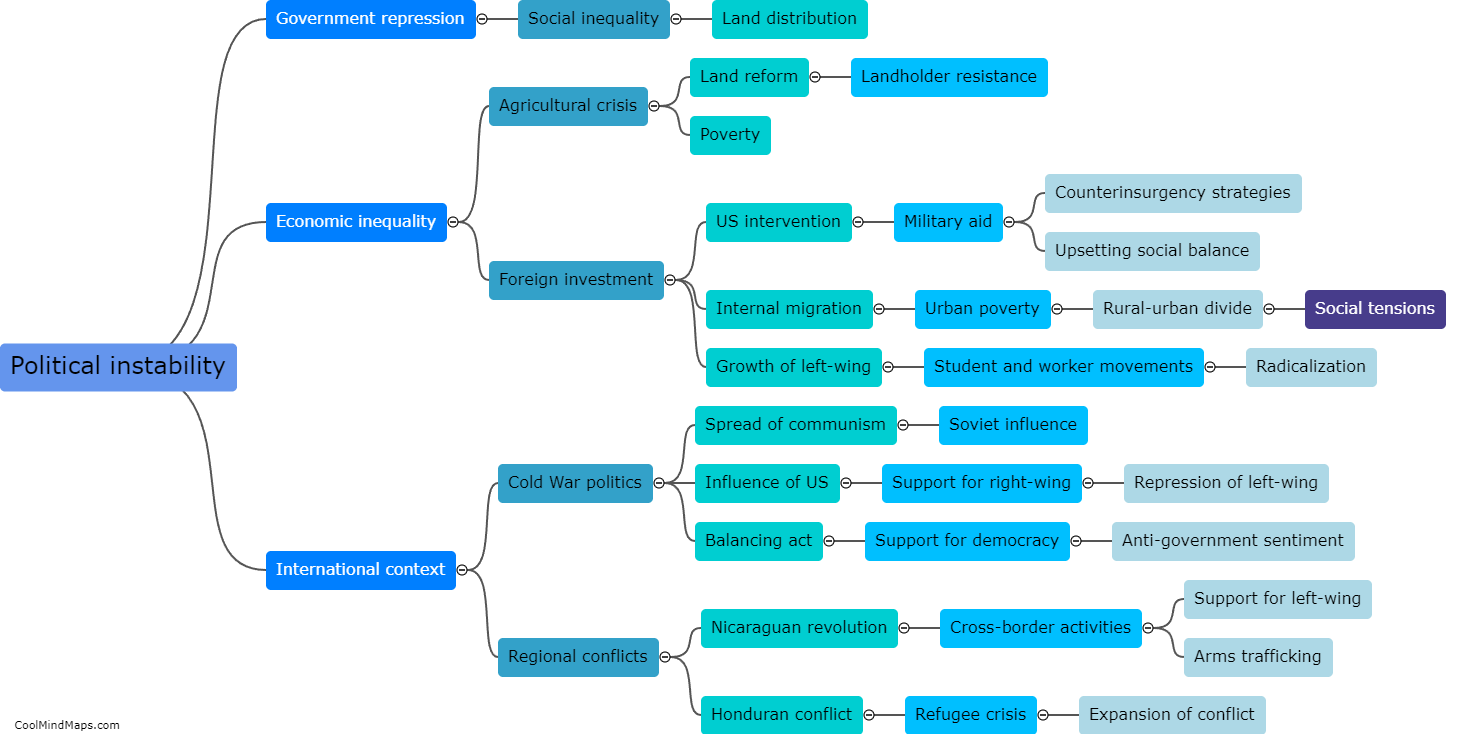
This mind map was published on 17 September 2023 and has been viewed 101 times.
